How Israel and Iran are waging war in the shadows
The arrest of seven Israelis paid hundreds of thousands of pounds by Iran to take photographs of sensitive military sites highlights the intensifying espionage war in the Middle East.
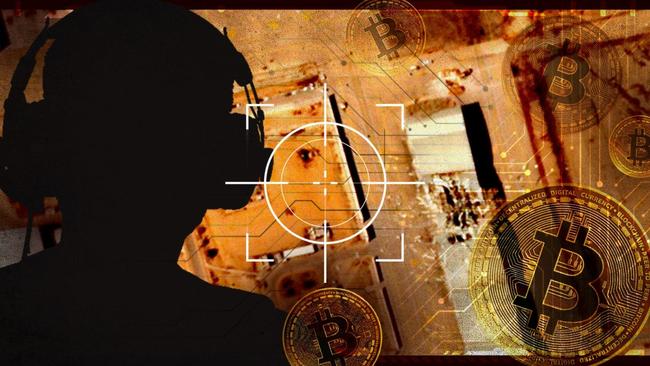
Israelis have been paid hundreds of thousands of pounds in cryptocurrency by Iran to take photographs of sensitive military sites, according to prosecutors, as evidence grows of a successful espionage operation by Tehran.
The Nevatim airbase, which was hit by Iranian ballistic missiles this month, the Golani training base, where four soldiers died from a Hezbollah drone attack, and batteries of the country’s Iron Dome air defences were all reconnoitred by alleged Iranian spies.
Seven Jewish Israeli citizens from the northern city of Haifa – including an army deserter and two minors – were arrested after an investigation by Shin Bet, the domestic intelligence agency and the Israeli police. Some of the suspects had been spying for up to two years, according to prosecutors.
The latest arrests highlight the intensifying espionage war in the Middle East as Israel prepares to respond to the recent salvo of Iranian ballistic missiles.
Top secret US documents, containing details of Israeli military drills rehearsing retaliatory strikes, were leaked to a pro-Iranian Telegram channel on Friday in the most serious breach of security yet. In Israel, Tehran appears to have recruited dozens of agents by preying upon the homeless, drug addicts and criminals.
A man called Vladimir Varkhovsky, 35, was arrested last week in Tel Aviv after he allegedly went so far as to obtain a gun, having negotiated a $100,000 fee with his Iranian handlers to kill an Israeli scientist.
Days earlier, Vladislav Victorsson, 30, and his partner Anna Bernstein, 18, had been detained for allegedly being paid $20 for each piece of anti-Binyamin Netanyahu graffiti they scrawled in Ramat Gan and Petah Tikva.
A more serious case last month involved Moti Maman, a 72-year-old Israeli businessman, who is accused of travelling to Iran demanding $1 million to help assassinate Netanyahu, the Israeli prime minister.
Offering vast sums of cash to potential traitors, Tehran appears to have learnt from the recent intelligence coups of Mossad, the Israeli foreign intelligence agency. Most famous perhaps for abducting Adolf Eichmann from Argentina in 1960, Mossad is less preoccupied these days with Nazi-hunting in South America and has had considerable success organising assassinations and sabotage in Tehran.
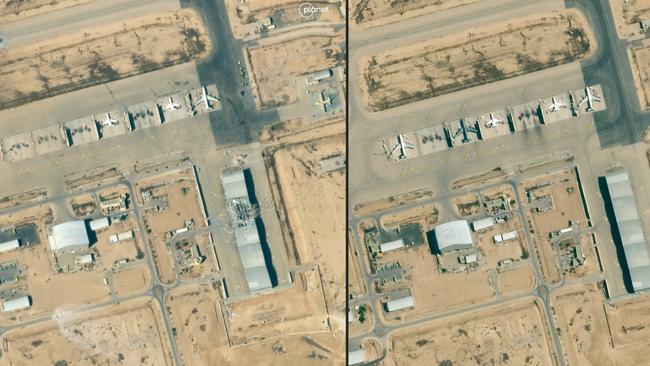
Yossi Cohen, the agency’s former head, gave a rare insight into the group’s Iranian operations in a valedictory interview three years ago when he revealed that a 2018 heist that cracked Iran’s nuclear weapons archive had been carried out by 20 agents – none of whom were Israeli.
“It’s very natural for Iranians suffering under the regime to go to Mossad or the CIA and sell them some information, or put something somewhere or take a picture of a neighbour who might be a scientist or an IRGC [Islamic Revolutionary Guard Corps] commander,” said Beni Sabti, 52, a Persian Jew, born in Tehran. “There are millions of Iranians who want to co-operate with Israel. No one earns very much and yet the apartments are expensive. It’s like the dying days of the Soviet Union. Why be a cheap worker on a terrible salary when you can become a spy?”
An adviser to the Israel Defence Forces on their Farsi output, Sabti is also a consultant on the TV show Tehran, an Israeli thriller about a Persian Jew born in Iran who returns to her native land to spy for Mossad – a storyline more based on fantasy than reality, he said.
Famous Mossad successes in Iran include the execution of an Iranian nuclear scientist using a remote- controlled machinegun, the infection of Iran’s nuclear computer network with malware and the assassination this year of Ismail Haniyeh, the leader of Hamas, whose safe house in Tehran was booby-trapped with explosives.
So extensive is Israeli espionage in Tehran that Mahmoud Ahmadinejad, the former Iranian president, complained this month that the country’s head of counterintelligence – responsible for rooting out spies – was at one stage unmasked as a Mossad double agent.
Iran regularly executes suspected traitors, and in recent weeks the apparent ease with which Israel assassinated Hassan Nasrallah, the leader of Hezbollah, has led to renewed suspicions of betrayal.
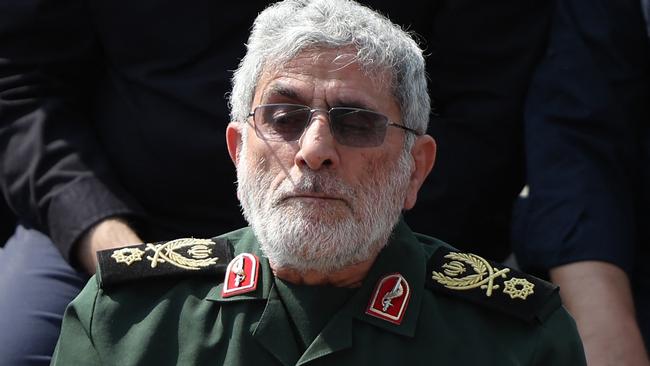
Esmail Qaani, 67, head of the Quds Force, the overseas wing of the IRGC, disappeared for three weeks – leading to rumours he had been summoned for questioning on suspicion of being a double agent. The Iranian spymaster eventually surfaced at the funeral of a senior commander last week, dabbing away tears in front of the cameras and Tehran denied the reports that Qaani was a Mossad spy.
In central Tel Aviv, diners tuck into steaming bowls of ghormeh sabzi, a Persian stew of herbs, meat and dried limes, paired with Israeli pickles and tahini. Overlooking the lunchtime bustle is a portrait of the Shah and his wife, Farah Pahlavi, wearing a glittering tiara.
“I am both Persian and Israeli,” says Yoav, 35, whose family emigrated from Isfahan and set up a Persian restaurant on Levinsky Market. “I belong to both cultures.”
After the Iranian Revolution of 1979, tens of thousands of Persian Jews, who enjoyed religious protections under the Shah, fled. The Jewish population in Iran collapsed from 80,000 on the eve of the revolution to just 10,000 now, which nevertheless remains the largest Jewish community in the Middle East outside Israel.
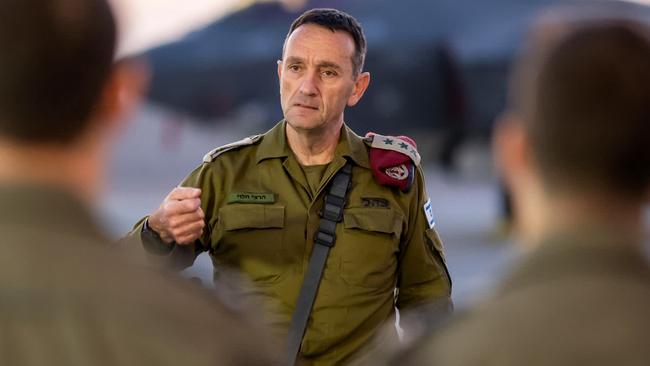
Tehran often attempts to coerce members of its Jewish minority group into covert and psychological operations against Israel, sharing images of the community protesting against Israel’s response to the October 7 attacks.
Last year, an Iranian Jew visiting family in Israel was detained by Shin Bet and deported back to Iran after he was found to be smuggling surveillance equipment inside a tissue box.
Persian-Israelis often find themselves caught in a tug-of-war between the Middle East’s military superpowers. “I get messages all the time on Facebook and Instagram from people saying ‘please get us out’, ‘Tell Bibi to keep going’ or ‘Inshallah the regime will change and you can come perform here’,” said Hanna Jahanforooz, 53, a singer from Tel Aviv.
Born in Tehran, her Jewish family trekked across the mountainous border with Pakistan to escape the regime in 1983. Her Farsi-language songs, steeped in Sufi mysticism, have a large fanbase in the country of her birth, and Iranians often reach out asking for her to put them in touch with Mossad.
Despite her love of the Iranian people, Jahanforooz has no qualms about how Israel must deal with the threat from Iran following the recent ballistic missile attack. “When you have to shoot, shoot first,” she said.
The Times


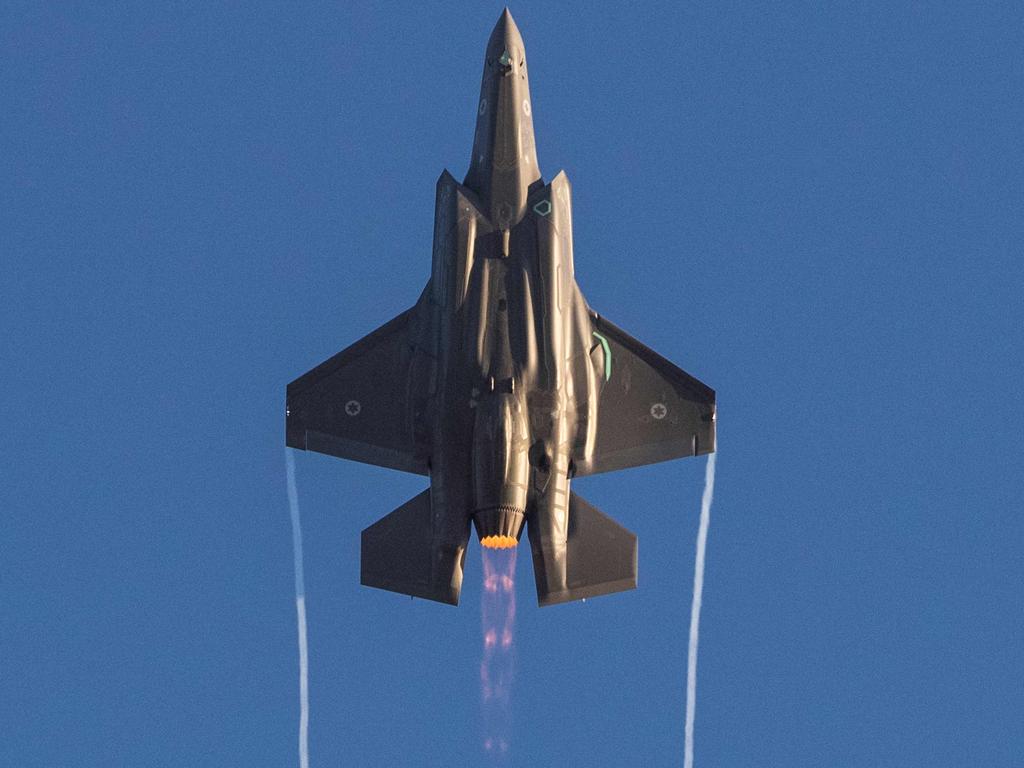


To join the conversation, please log in. Don't have an account? Register
Join the conversation, you are commenting as Logout